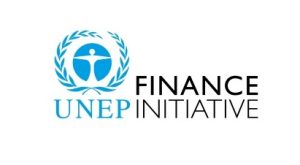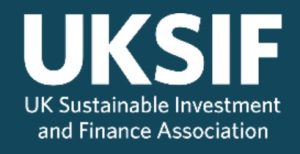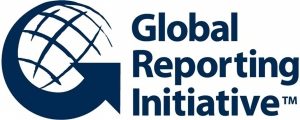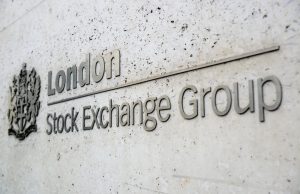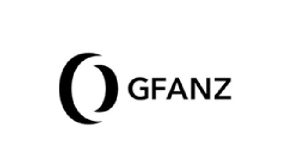NRF Issues Report on ESG Loans
NRF (Norton Rose Fulbright), an international law firm, issued a report to statistically analyze the ESG loans involved during last year. NRF divided these ESG loans into sustainable-linked loans and social loans, and collected information about 50 loan projects from Asia and Europe through the online platform.
Sustainable-Linked Loan (SLL) is similar to the rules of sustainable-linked bonds. Its loan interest rate (equivalent to the coupon rate of the bonds) can be adjusted according to the final sustainable performance of the project. When the sustainable project is successfully completed, the loan interest rate will be appropriately reduced as a reward. When sustainable projects are not completed, the loan interest rate will be appropriately increased as a punishment.
Industry Classification of 50 ESG Loans
NRF analyzes on the industry classification of 50 ESG loan projects, and the top three are the shipping industry (11), the financial industry (7) and the technology industry (6), which shows that the ESG practice in these industries is relatively frequent, and the main loan type of these loans is sustainable-linked loan.
The infrastructure industry (3) and the power and utility industry (3) account for the lowest proportion, indicating that the current pressure of these industries to achieve ESG development is still high.
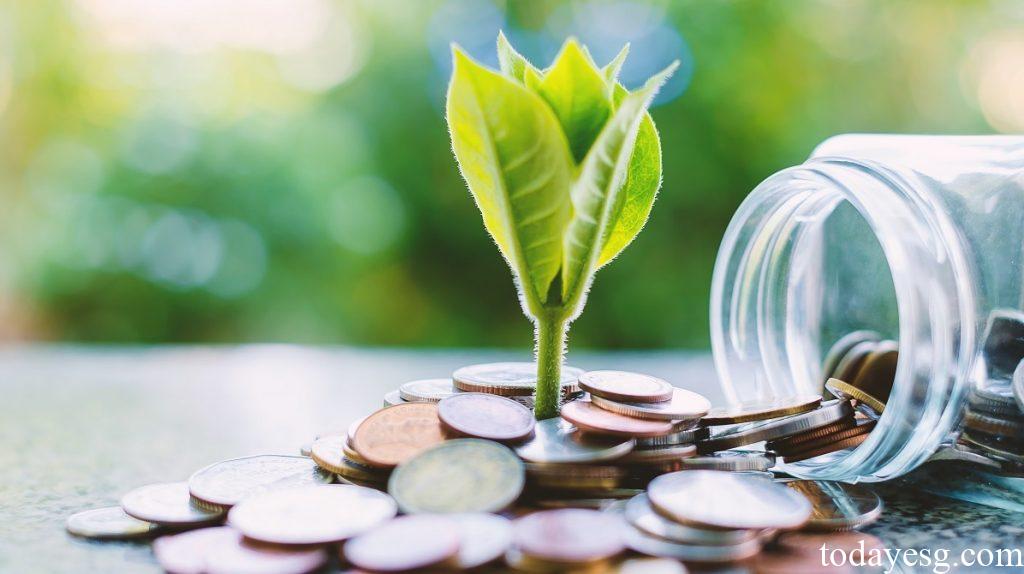
Types of Sustainable-linked Loans in ESG Loans
As mentioned above, the sustainable-linked loan may decrease or increase the interest rate depending on whether the sustainable goal is achieved or not. In actual loans, SLL loans can be divided into three categories: there is only the possibility of interest rate increase (upward), there is only the possibility of interest rate decrease (downward), and there is the possibility of both increase and decrease (both).
From the perspective of encouraging sustainable projects, the upward SLL can be regarded as only punitive loans. Such loans are relatively small in reality. However, if there is only a reduction in interest rates, the final result will not be worse for the borrower whether it reaches the sustainable goal or not, thus it may not be able to obtain sufficient incentives. From the perspective of economics, if there is only a decline in interest rates, and this may lead to “moral hazard”. Therefore, if there are both interest rate increases possibilities and decreases possibilities, this will have stronger constraints on the project side.
According to the analysis of 38 SLLs counted by NRF, there are 19 downward SSLs, 18 both upward and downward SSLs, and only 1 upward SSLs. From the perspective of specific loan regions, most loans in Europe are both upward and downward SSLs (accounting for 11 out of 13 loans), while most loans in Asia are downward SSLs (accounting for 17 out of 25 loans).
Interest Rate Adjustment of Sustainable-linked Loans
Although the interest rate adjustment of sustainable-linked loans is an incentive mechanism, the overall range of actual loan projects, whether the interest rate is increased or decreased, is very limited. In downside SLLs, the average amount of the reduction is less than 0.05%, while in loans with both upside and downside SLLs, the increase and decrease range are also within 0.1%.
From the basis point of interest rate adjustment, the benefits (or costs) obtained by the borrower are not as obvious as expected. For the party that collects interest, it is also faced with how to deal with more interest. At present, in addition to direct collection, there are also donations and requirements for borrowers to reinvest extra interest into other sustainable projects. However, this may lead to other problems, for example, lenders need to monitor these money instead of only focusing on exist SLLs.
Reference:
Responsible Capital: An ESG loans insight report | Global law firm | Norton Rose Fulbright

